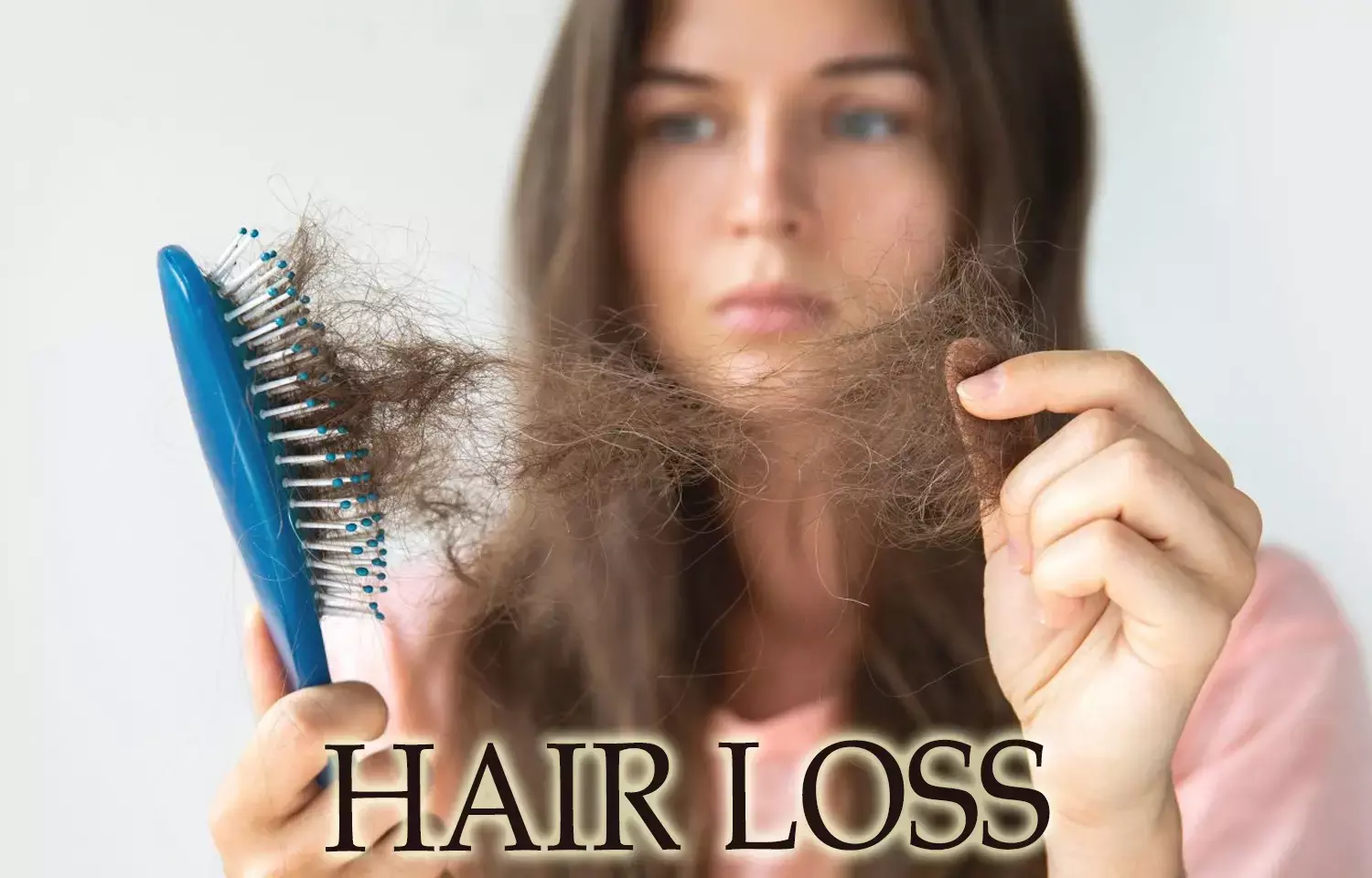- Home
- Medical news & Guidelines
- Anesthesiology
- Cardiology and CTVS
- Critical Care
- Dentistry
- Dermatology
- Diabetes and Endocrinology
- ENT
- Gastroenterology
- Medicine
- Nephrology
- Neurology
- Obstretics-Gynaecology
- Oncology
- Ophthalmology
- Orthopaedics
- Pediatrics-Neonatology
- Psychiatry
- Pulmonology
- Radiology
- Surgery
- Urology
- Laboratory Medicine
- Diet
- Nursing
- Paramedical
- Physiotherapy
- Health news
- Fact Check
- Bone Health Fact Check
- Brain Health Fact Check
- Cancer Related Fact Check
- Child Care Fact Check
- Dental and oral health fact check
- Diabetes and metabolic health fact check
- Diet and Nutrition Fact Check
- Eye and ENT Care Fact Check
- Fitness fact check
- Gut health fact check
- Heart health fact check
- Kidney health fact check
- Medical education fact check
- Men's health fact check
- Respiratory fact check
- Skin and hair care fact check
- Vaccine and Immunization fact check
- Women's health fact check
- AYUSH
- State News
- Andaman and Nicobar Islands
- Andhra Pradesh
- Arunachal Pradesh
- Assam
- Bihar
- Chandigarh
- Chattisgarh
- Dadra and Nagar Haveli
- Daman and Diu
- Delhi
- Goa
- Gujarat
- Haryana
- Himachal Pradesh
- Jammu & Kashmir
- Jharkhand
- Karnataka
- Kerala
- Ladakh
- Lakshadweep
- Madhya Pradesh
- Maharashtra
- Manipur
- Meghalaya
- Mizoram
- Nagaland
- Odisha
- Puducherry
- Punjab
- Rajasthan
- Sikkim
- Tamil Nadu
- Telangana
- Tripura
- Uttar Pradesh
- Uttrakhand
- West Bengal
- Medical Education
- Industry
Hair loss is new post Covid complication, claim Doctors

The list of post Covid 19 symptoms is ever growing.Some people are experiencing a range of new or ongoing symptoms that can last weeks or months after first being infected with the virus that causes COVID-19. People commonly report experiencing different combinations of the following symptoms:Difficulty breathing or shortness of breath,Tiredness or fatigue,Difficulty thinking or concentration, Cough, Chest or stomach pain, Headache, palpitations, Joint or muscle pain, Diarrhea, Mood changes, Change in smell or taste or Changes in period cycles.
The latest in the list is loss of hair.There has been a massive influx of patients with post Covid hair loss, according to doctors.
The sudden onset of hair loss -- Telogen effluvium -- is caused majorly due to stress, nutritional deficiency and inflammatory reactions caused by the infectious disease, the health experts explained.
Normally a person can lose up to 100 hair per day, but due to Telogen Effluvium it can increase up to 300-400 hair per day.
"We have seen a two-fold rise in the number of patients complaining of problems related to hair loss. Post Covid-19 inflammation has been a major contributor here. The deficiencies caused by a compromised nutritional intake, sudden changes in weight, hormonal disturbances and reduced vitamin D and B12 levels are some of the major reasons for the large volumes of hair loss post Covid-19," said Shahin Nooreyezdan, Senior Consultant, Cosmetic and Plastic Surgery, Indraprastha Apollo Hospitals, New Delhi.
However, the condition, which sets in 1-1.5 months after Covid is temporary and gets better with treatment in 2-3 months.
"Reason is the interruption of hair follicle growth due to an acute infection like Covid that pushes the hair into the shedding or dead phase (telogen phase). And the dead hair shed off after a few weeks automatically," said Sachin Dhawan, Senior Consultant, Department of Dermatology, Fortis Memorial Research Institute.
"For mild cases, recovery is automatic. In severe cases, a good hair supplement with biotin and amino acids, iron and other minerals is given, along with a peptide containing serum," Dhawan added.
During the post Covid-19 recovery, people must consume a nutritious diet along with natural edible sources of vitamins and iron. Iron deficiency can further accelerate the hair loss, and consumption of a protein rich and balanced diet can itself be a solution for reducing temporarily witnessed hair fall.
Besides eating healthy and taking nutritional supplements, one should also avoid heat and chemicals for hairstyling and refrain from following a sedentary lifestyle, the doctors recommended.
"It is only after waiting for 5-6 weeks post consuming a nutritious diet that people should consult a doctor if they still encounter an excessive hair loss. Moreover, some common hair care solutions that can be administered to avoid an excessive hair loss are; use of mild, paraben and sulphate free shampoos, keeping a close check on the itchy and flaky scalp, refrain from oiling and massaging the scalp, using a wide tooth comb and seeking immediate medical intervention in case of development of bald patches and getting huge volumes of hair fall," said Kuldeep Singh, Senior Consultant Cosmetology and Plastic Surgery, Indraprastha Apollo Hospitals, New Delhi.
Medical Dialogues Bureau consists of a team of passionate medical/scientific writers, led by doctors and healthcare researchers. Our team efforts to bring you updated and timely news about the important happenings of the medical and healthcare sector. Our editorial team can be reached at editorial@medicaldialogues.in.
Dr Kamal Kant Kohli-MBBS, DTCD- a chest specialist with more than 30 years of practice and a flair for writing clinical articles, Dr Kamal Kant Kohli joined Medical Dialogues as a Chief Editor of Medical News. Besides writing articles, as an editor, he proofreads and verifies all the medical content published on Medical Dialogues including those coming from journals, studies,medical conferences,guidelines etc. Email: drkohli@medicaldialogues.in. Contact no. 011-43720751


